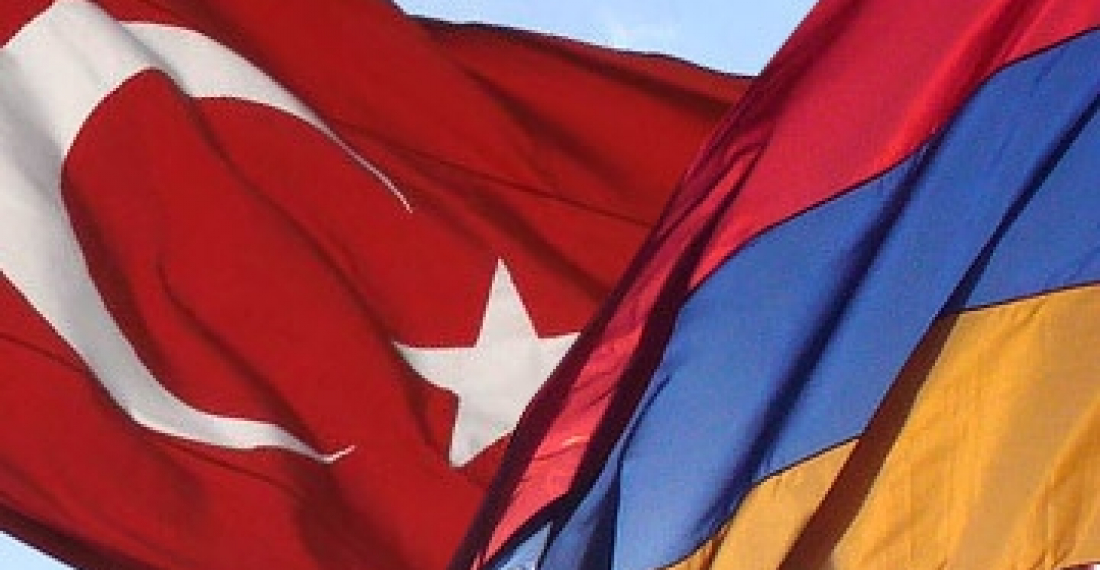В случае открытия армяно-турецкой границы товарооборот между Арменией и Турцией может возрасти с нынешних $300 млн в год втрое. Об этом заявил вице-президент армяно-турецкого совета по развитию бизнеса (TABDC) Ноян Сояк во время открытия 22 ноября в Ереване двухдневной армяно-турецкой бизнес конференция в рамках программы содействия Международного Агентства Развития США (USAID).
Сояк отметил, что обе стороны должны пытаться сотрудничать в рамках международных проектов по торгово-экономическому развитию, к примеру, в рамках Всемирной Торговой Организации, Организации Черноморского экономического сотрудничества и других. Он отметил, что на 99% товарооборот между странами формируется за счет импорта турецких товаров в Армению и армянской стороне следует уделить большее внимание развитию экспорта. Между тем, председатель Союза промышленников и предпринимателей РА Арсен Казарян назвал другие цифры на встрече с журналистами. По его словам, товарооборот между Арменией и Турцией составляет порядка $150-200 млн в год и при официальном открытии границы может возрасти вдвое. По его словам, для участия в конференции из шести регионов Турции в Ереван прибыло свыше 50 турецких бизнесменов. "Мы пытаемся увеличить возможность экспорта армянской продукции на турецкий рынок. Проводим консультации с турецкими общественными организациями по поддержке бизнеса. Ждем, когда турецкая власть поймет свои экономические интересы и откроет границы",- сказал Казарян.
Он сообщил, что в последние годы товарооборот между Арменией и Турцией составляет $150-200 млн, и, если границы откроются, он может возрасти до $300-400 млн за несколько лет. При этом, Казарян отметил, что имеет место односторонняя торговля, поскольку экспорта армянских товаров в Турцию "вообще нет". Рост товарооборота он связывает с увеличением армянского экспорта.
Он заверил, что 14 наименований армянской продукции, которая экспортируются в страны СНГ, США и ЕС, конкурентоспособна на турецком рынке. "Если откроются границы, то получим довольно близкий и большой рынок сбыта своих товаров и услуг. Помимо этого, при открытии границ сможем развивать совместные региональные проекты и использовать турецкую территорию для транзита грузов в третьи страны",- сказал Казарян.
Он поспешил развеять страхи армянской стороны по поводу возможности турецкой товарной экспансии. "Я пытаюсь понять эти страхи, не разделяю их, поскольку армянская экономика и рынок давно противостоят турецкой экспансии. Турецкие товары на армянском рынке имеют свою нишу. Частный сектор Армении готов не только противостоять, а сам экспортировать на турецкий рынок и там конкурировать",- заверил он.
Следует отметить, что в рамках конференции проходила также выставка турецких товаров в Ереване, что, по сути, опять же призвано способствовать росту импорта турецкой продукции в Армению.
При открытии границы товарооборот между Арменией и Турцией может возрасти втрое
При открытии границы товарооборот между Арменией и Турцией может возрасти втрое







